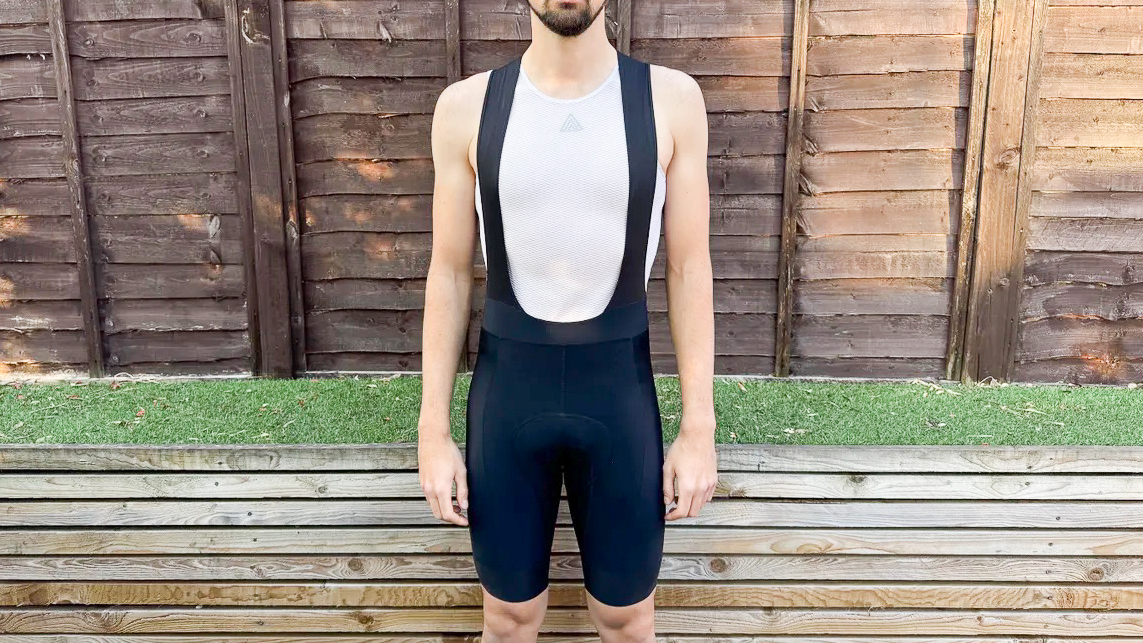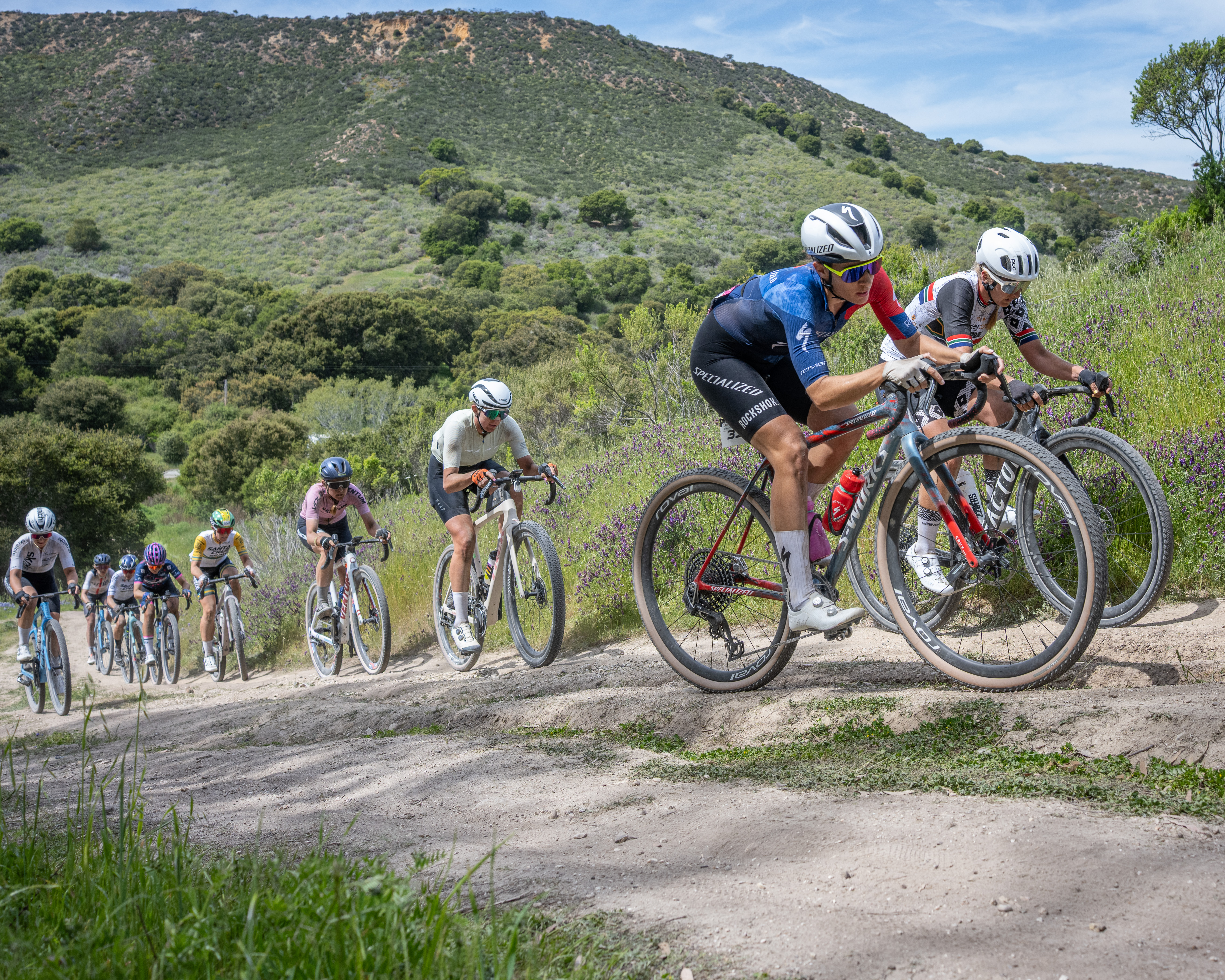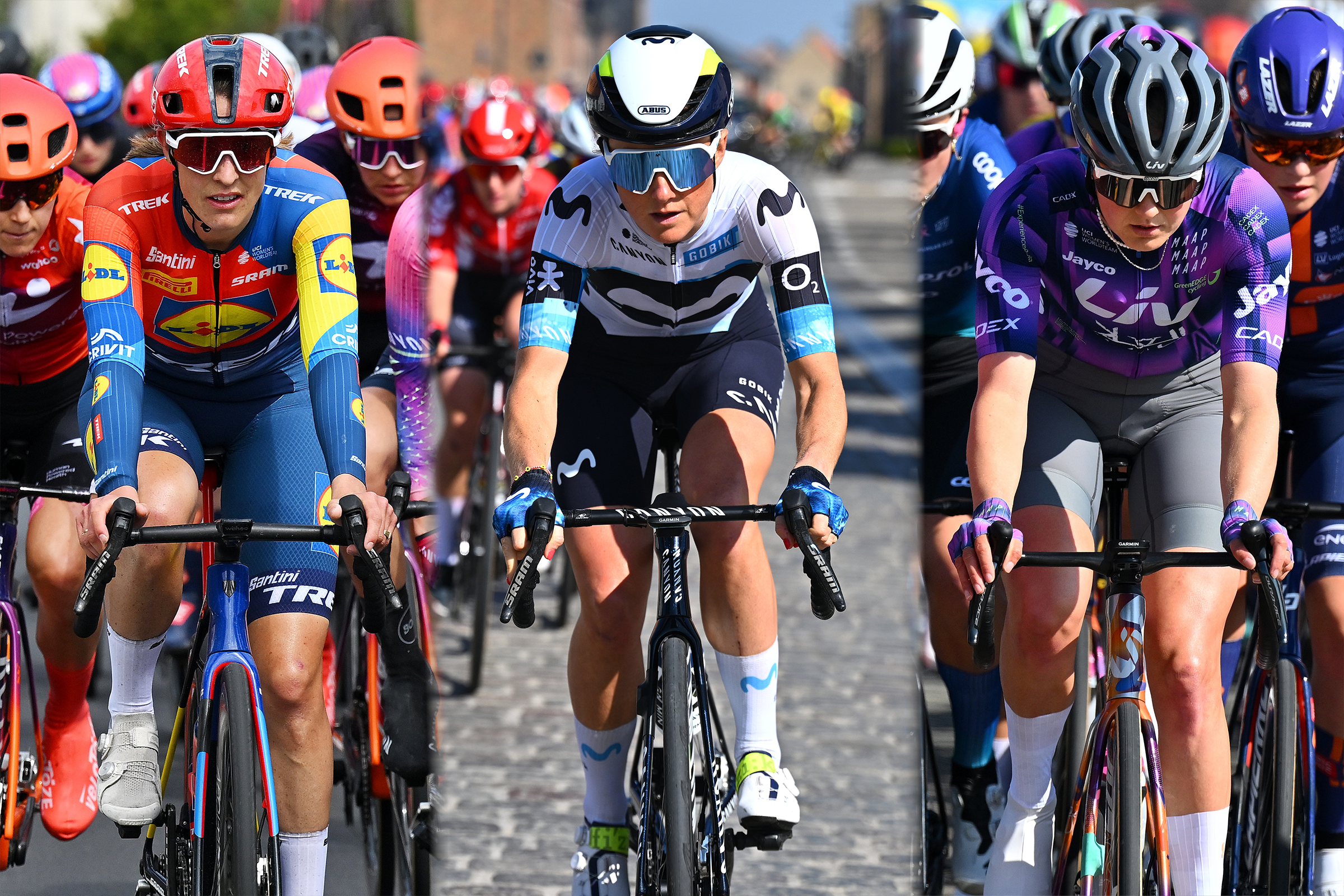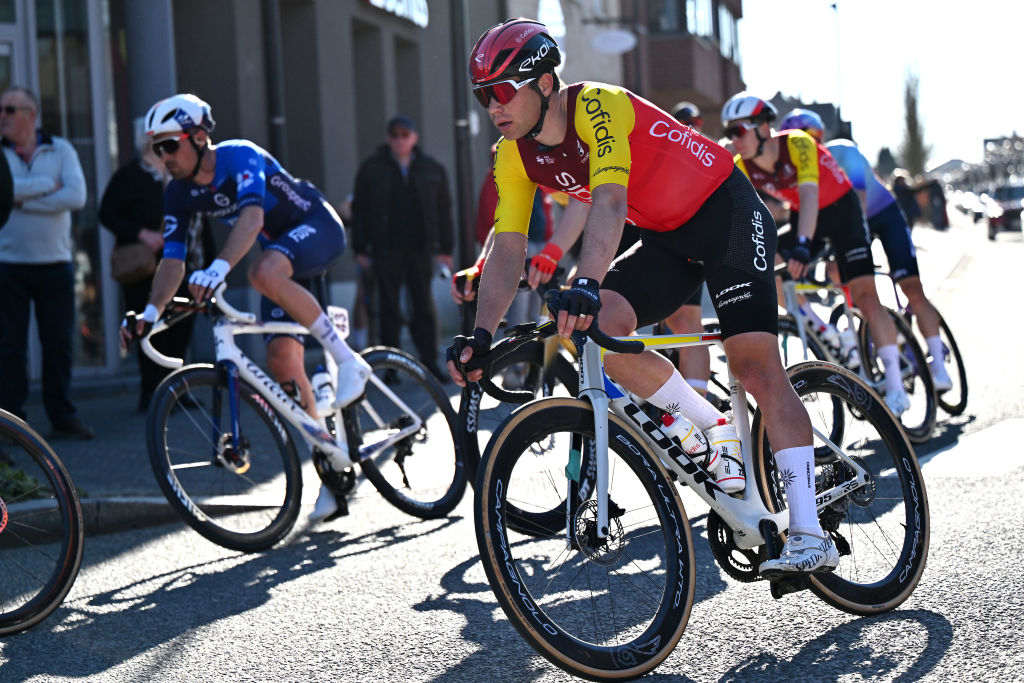Vuelta a España stage 13 preview - 'Get from A to B as fast as possible'
Ben O'Connor braced for all-out test on Puerto de Ancares as Vuelta a España heads into higher mountains in 171km stage
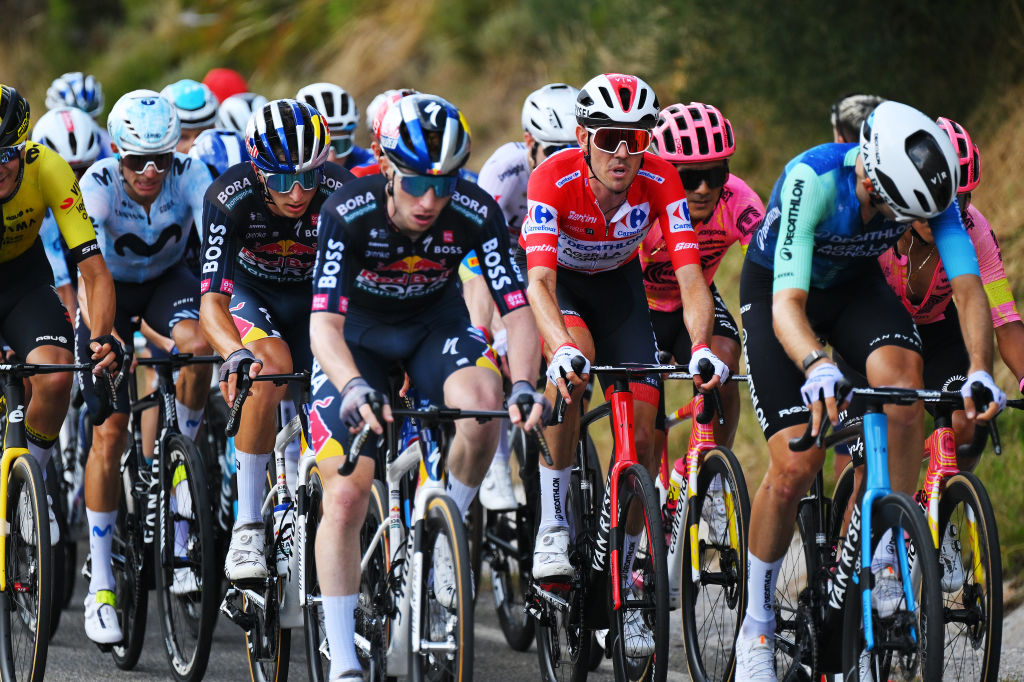
In football, they'd call it running down the clock. In the Vuelta a España, it's always useful to burn off the days. Ben O'Connor's task from here to Madrid isn't simple but it's certainly clear. He has a lead of 3:16 over Primož Roglič and he must ration that time carefully across the next nine stages.
When Roglič et al failed to test O'Connor's mettle on the rugged road to Baiona earlier this week, they were chided in the pages of AS about the risk of running out of road before they could divest him of the red jersey. "Un día menos para O'Connor," trilled the headline. One day less for O'Connor.
Although Roglič and Enric Mas heeded the warning at Padrón on Wednesday, slicing 37 seconds off O'Connor's buffer with a stinging late attack, the Australian enjoyed a day of remarkable calm on stage 12, despite the category 1 summit finish at Estación de Montaña de Manzaneda. The red jersey group remained intact all the way up the mountain, rolling home over six minutes down on stage winner Pablo Castrillo.
When O'Connor's key mountain lieutenant Felix Gall came to a halt past the finish line, he could scarcely hide his surprise at how straightforward the day had been. After the breathless – and contentious – skirmishes around Padrón the previous afternoon, there was an obvious ceasefire among the GC men here.
"The final climb was quite OK: it was rolling, and we controlled the pace," Gall said. "I was expecting Bora to try something. At one moment it seemed like they would. But in the end, it was easy."
As the peloton had ambled through the dramatic valley of the river Sil on the run-in to the final climb, O'Connor even had time to appreciate the vineyards and gorges of the Ribeira Sacra. It was that kind of day on the Vuelta, a welcome respite.
"I don't really know Galicia, but I've always wanted to visit, and I actually feel I want to visit it even more after seeing how pretty it was," O'Connor said afterwards. "I guess today, riding through the Ribeira Sacra, I was thinking of the wine from this region, which is really interesting if you're into that kind of thing."
Puerto de Ancares
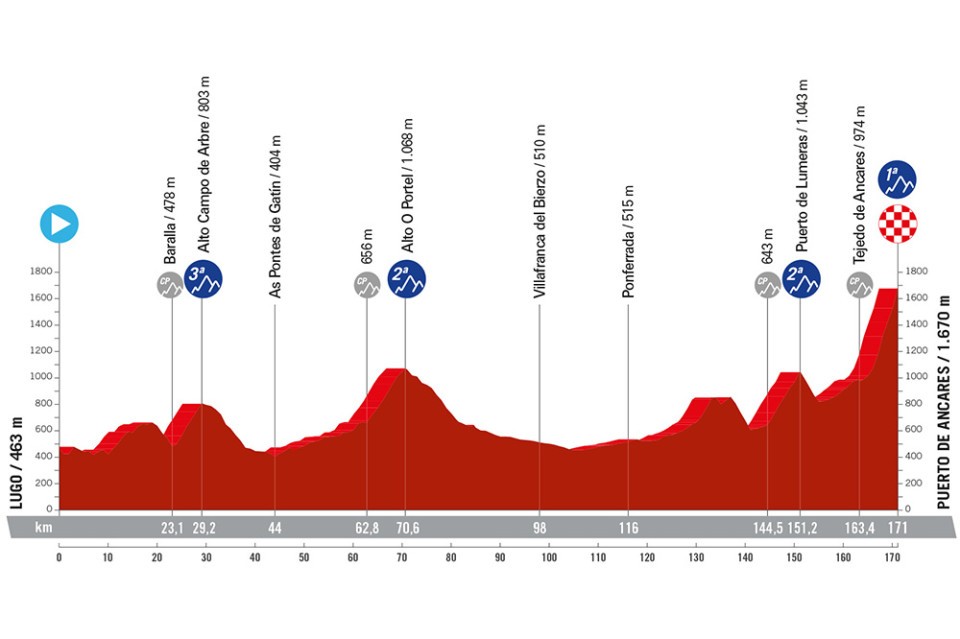
O'Connor knows, of course, that stage 13 to the Puerto de Ancares will be of a very different vintage. The terrain becomes more demanding as the second week of the Vuelta progresses, and Friday's stage will offer the most robust test of O'Connor's credentials since last Sunday's miniature epic to Granada.
The 175km stage begins in Lugo, whose Roman walls have stood since the third century. The category 3 Alto Campo de Arbe is the day's first obstacle, followed shortly afterwards by the category 2 Alto O Portel. Those ascents should allow the early break to build up a buffer before the race sweeps through a long valley road that brings the race past Ponferrada, the site of the 2014 World Championships.
The profile grows more jagged again from there, with the category 2 Puerto de Lumeras (6.6km at 6%) serving as the preamble to the day's final ascent. There are bonuses on offer at the sprint atop the Lumeras, but the most significant differences will be made in real-time on the arduous category 1 haul to the finish.
Ancares previously featured as a finish site on the Vuelta a decade ago, when overall winner Alberto Contador claimed victory on the penultimate day ahead of Chris Froome, but this is the first time the peloton will race up the climb from Tejedo de Ancares.
The raw statistics – 7.5km at an average of 9.3% – are gaudy enough, but the gentle opening mile or so of climbing masks the true difficulty of the Puerto de Ancares. The road begins to ramp upwards in earnest after 2km of climbing and the stiffest slopes come in the latter part of the ascent, where there are repeated stretches of 15% gradients. Roglic country, in other words.
A fortnight into the Vuelta and a week into his tenure in red, O'Connor appears content to distil the Ancares down to its essential parts. He hasn't raced up the climb, nor has he reconnoitered it, but he still has a reasonable idea of the kind of effort that awaits him on the border between Galicia and Castilla y Léon on Friday afternoon.
"I don't know anything about the final, but it looks just super steep and consistent," O'Connor said on Thursday evening. "It's what, circa 20 minutes, so it's pretty much a 20-minute test, I guess. You're not going to get much drafting. My aim is just to get from A to B as fast as possible. That's going to be my goal on every single mountaintop from now on."
At this point in the Vuelta, and especially after a race as open and arduous as this one, residual fatigue is an increasing factor. Gall felt that Decathlon had not been the only squad grateful for a temporary cessation of hostilities on Thursday.
"I think you can also feel that the fatigue is setting in now in the whole bunch, so everybody was happy to let the small break go today," Gall said, though he knows stage 13 will be very different. "The last two days were really hard, and I think tomorrow is going to be a super hard day as well for the GC riders, the most important day in this week so far."
Although Red Bull-Bora-Hansgrohe are adamant that Roglič's strategy has not changed despite the size of O'Connor's advantage, they will surely have earmarked the Ancares as a day where the Slovenian can make a hefty dent in his deficit. For O'Connor, meanwhile, holding firm on a day like this would make Madrid feel a whole lot closer.
And while O'Connor has welcomed the drop in temperature since the long transfer north, Gall confessed that the more amenable climate will prove something of a double-edged sword on the Ancares. "One thing where you can really see the difference is that we don't have the heat anymore compared to the south of Spain," Gall warned. "You see much more attacks. Everyone has 40 watts more, I believe. There is way more action and it's more aggressive."
Get The Leadout Newsletter
The latest race content, interviews, features, reviews and expert buying guides, direct to your inbox!

Barry Ryan was Head of Features at Cyclingnews. He has covered professional cycling since 2010, reporting from the Tour de France, Giro d’Italia and events from Argentina to Japan. His writing has appeared in The Independent, Procycling and Cycling Plus. He is the author of The Ascent: Sean Kelly, Stephen Roche and the Rise of Irish Cycling’s Golden Generation, published by Gill Books.
Latest on Cyclingnews
-
Rapha Core bib shorts review: Exceptional performance and great value too
Premium level performance at budget friendly price point. Not the best in hot conditions, but excellent everywhere else. -
Drawing a line in the gravel - Will anti-drafting rules create structure or friction in Life Time Grand Prix competitions?
Lauren De Crescenzo shares thoughts on enforcement and punishment for new regulations to make races 'more fair' -
Women's cycling's road captains – who are they, how important are they, and what makes a good one?
'If they're waiting for the car, it's too late' – we hear from the riders leading their teams and keeping cool in those split-decision moments -
Ronde van Limburg: Milan Fretin fends off rivals on teammate's bike to win chaotic bunch sprint
Cofidis secure fifth triumph of 2025 with local rider Fretin
